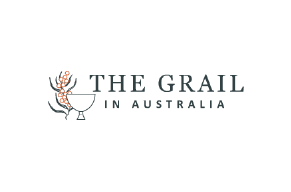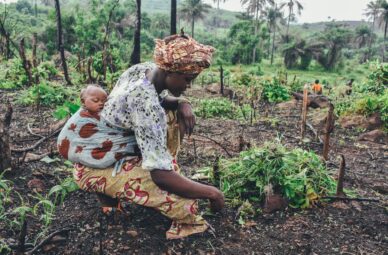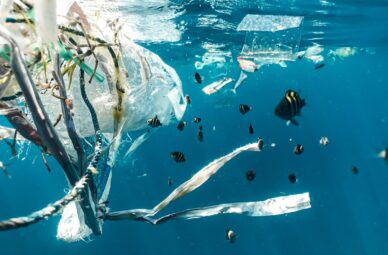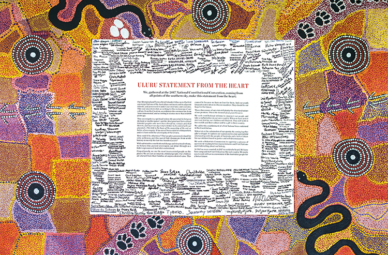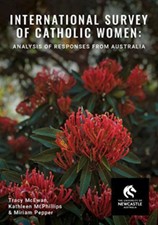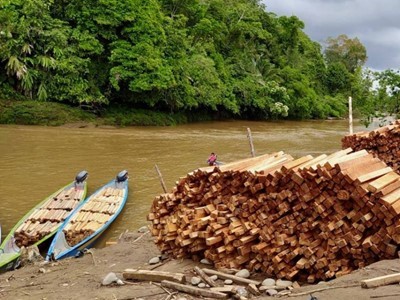
Balsa Harvesting in the Sacred Waters Region: From environmental threat to sustainable resource
December 9, 2021Pachamama Alliance has partnered with Indigenous Nations in the Sacred Headwaters region of the Amazon rain-forest in Ecuador and Peru to protect their land and culture from extractive industries such as oil and mining. Their partnership has helped keep these cultures strong and territories healthy and vibrant for the past twenty-five years.
Just this last year a new threat arrived in this region – the uncontrolled and illegal harvesting of balsa wood. Balsa is a super-light-weight timber native to this region of the Amazon which is in growing demand for its use in the construction of wind turbine blades.
Since the 1940s, Ecuador has been a leading exporter of balsa wood to world markets. In 2019-20, the exports doubled. Demand could no longer be filled by the traditional balsa plantations on the coast. Production spread to the Amazon and uncontrolled harvesting is threatening that ecosystem. The COVID-19 pandemic shut down the eco-tourism industry, a primary source of income for this region. With the demand for balsa and the ongoing needs for medicines and school supplies, many Indigenous communities turned to balsa traders (balseros) who came from outside the region, willing to pay cash for harvested balsa trees. However, the balseros were driving uncontrolled harvesting, they were capturing most of the profit and they were a disruptive outside influence on the Indigenous cultures.
Balsa is a fast-maturing tree (five years to harvesting size) that grows easily in the rainforest environment. It is economically and culturally feasible to cultivate, manage and harvest it in a sustainable way. Many communities are already growing balsa as a source of immediate income. With a sustainable management plan, they should be able to count on continuous income that does not come at the expense of the rain-forest on which they and the world depend.
Creating a Sustainable Management Plan
Pachamama Alliance’s sister organisation in Ecuador, Fundación Pachamama, is now working with the Achuar, other Indigenous groups and academics and scientists to develop a sustainable management plan for balsa wood production in the Sacred Headwaters region. It will:
- define the areas for harvesting, for cultivation, and for protection of balsa trees;
- set up a method of certifying the balsa as sustainably harvested;
- sell and deliver directly to international buyers, eliminating the middle-men;
- develop methods for sharing the sur-pluses generated by the balsa business with the communities;
- set up an ongoing professional governance and administrative structure independent of the political leadership of the communities;
- ensure ongoing analysis of impacts on the natural evolution of the forest ecosystem.
If it is successful in the Achuar territory, the plan could serve as a model to be applied in other Indigenous nations of the Ecuadorian Amazon, and possibly in nearby areas in Peru.
Source: The Pachamama Alliance Fall Newsletter, 30th September, 2021.www.pachamama.org Slightly edited by Alison Healey.

